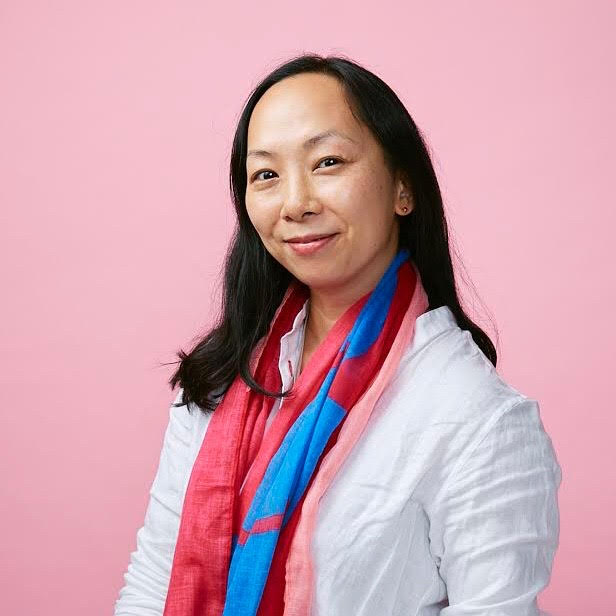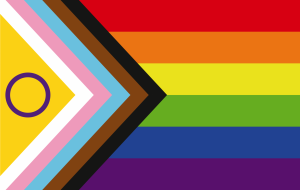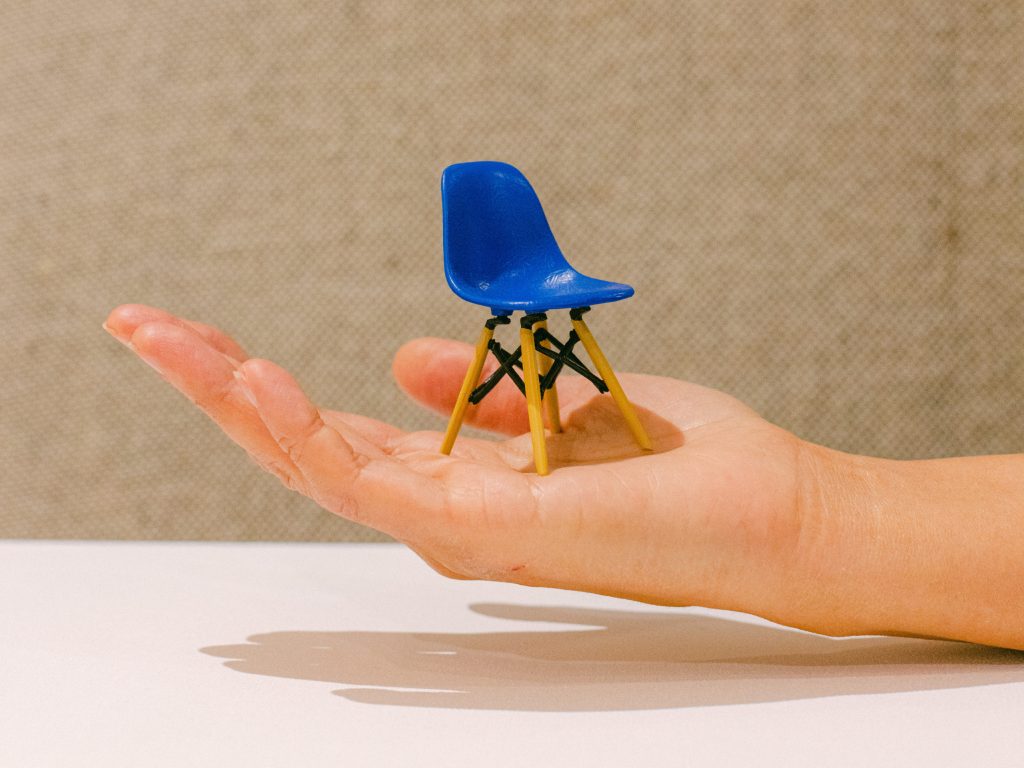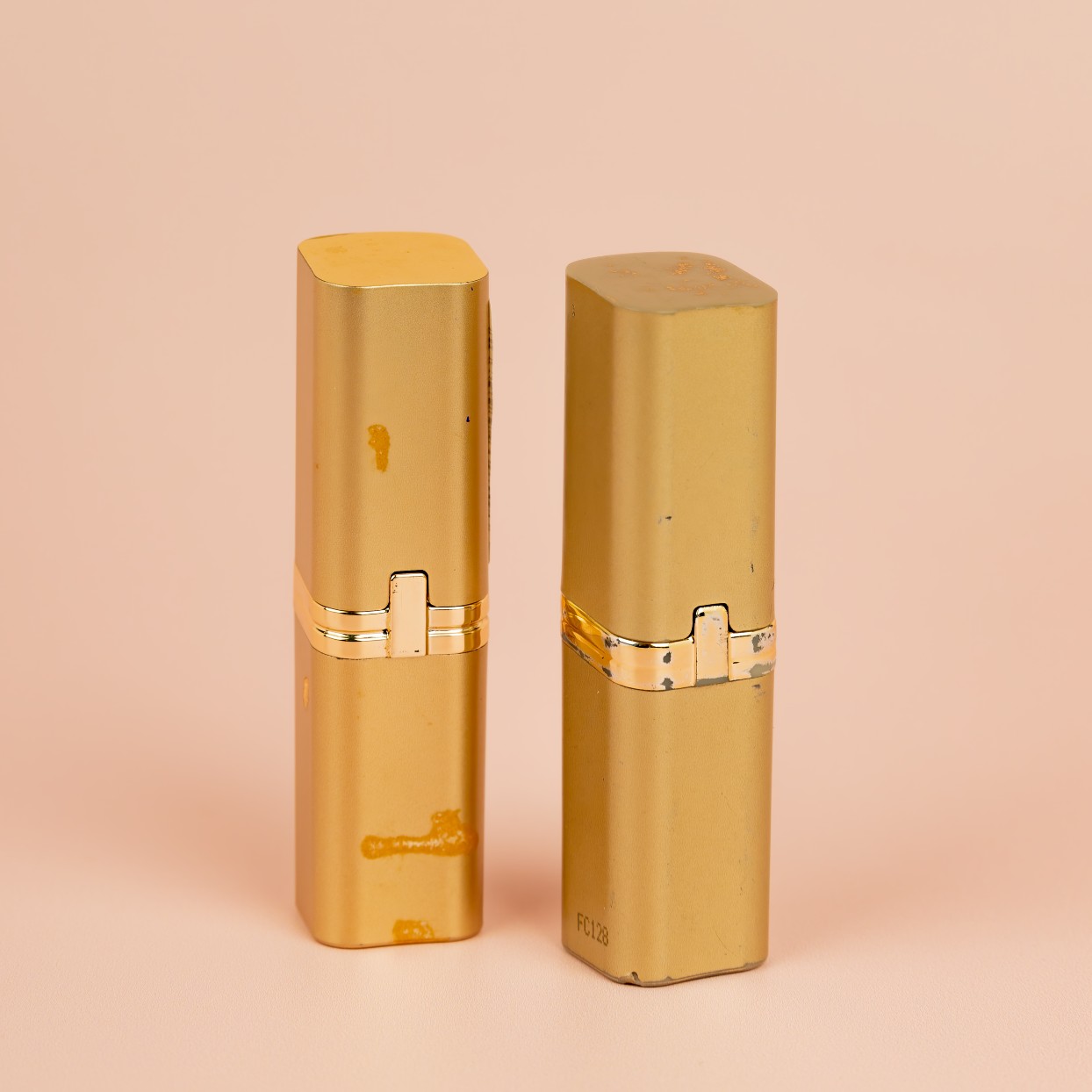Father’s Day Grief: How to Cope or Even Celebrate After Loss
Whether your dad has died or you’re dealing with loss related to dementia or estrangement, Father’s Day can bring up a lot of mixed feelings. Here are some resources from grief coach Charlene Lam.
Father’s Day Grief: 5 Things to Consider Heading Into the Day
Struggling with what to do about Father’s Day after a death or loss? Here are 5 tips from grief coach Charlene Lam to help you cope. Watch the video below, or read on.
Father’s Day can bring up a lot of mixed feelings when you’re grieving. Whether your father has died, or you are no longer in contact because you’re estranged, or if he’s no longer the father figure that you knew because of dementia or another illness … I want to share 5 tips to help you cope with or even celebrate Father’s Day.
1. Give yourself permission.
If you need it, I want to give you permission to feel however you feel. Whether you feel angry, whether you feel numb, sad, resentful, jealous, it’s all normal. So feel what you’re going to feel.
I also want to give you permission to do what feels right for you. You can decide how much you want to participate in Father’s Day. Whether that really is just coping and getting through it, or whether that looks like celebrating.
2. Let’s look at the expectations.
What expectations are there around Father’s Day? These expectations can come from the outside. Marketing messages, things that people share, the images that are on social media or in popular culture around Father’s Day.
Are there expectations there about what Father’s Day should look like? Are there expectations about what you should be feeling or what you should be doing?
Are some of those expectations coming from other people in your life, family members? Or are there expectations coming from other people in your life?
From yourself? Listen for that “should” – should I be doing something differently?
I find with my clients that a lot of the conflict, a lot of the additional suffering and pain that comes after loss is from a mismatch in expectations. If you’re getting messaging that says, “Father’s Day should look like this” it can be a reminder that your relationship with your father does not look like that. That mismatch in expectations can be very painful and can be a source of conflict.
So ask yourself: What are the expectations there? And reminder: you have permission. To do it your way, not necessarily according to expectations.
3. Acknowledging what is vs what should be.
What was. What should have been. If we have lost someone significant to us, to death-related loss or to dementia or to illness or to estrangement, of course it’s going to hurt. When we’re really attached to someone and they die or are otherwise not in our lives in the way that we used to have them. That hurts. There is inherent pain in that loss. And we can sometimes add to that pain by trying to focus on what should be instead of what is.
For many clients, some of the most painful moments come from wrestling with the reality that their loved ones are actually gone.
-
What do you mean I’m not going to see him in person again?
-
What do you mean he’s not going to be present when I get married?
-
What do you mean he’s not coming back?
-
Why doesn’t he get to enjoy his retirement as planned?
It’s not fair. It shouldn’t be this way.
And if you’re estranged from your parent, maybe you think:
-
Why didn’t I get the father figure I wanted?
-
Why do other people get to have a happy, intact family?
-
How can it be that my dad doesn’t remember me who I am?
It’s not fair. It shouldn’t be this way.
A lot of that is very normal part of grieving. And I also noticed that was the most painful part: Resisting the reality of what is vs what I think things should look like, or what my brain thinks things should look like, or what other people think things should look like.
So consider that: Acknowledging what is and grieving those losses versus focusing on what should be.
4. Consider the unique nature of your relationship.
For Father’s Day or any significant occasion, consider what is unique to you and your relationship with your loved one. Your father or your father figure, he was unique.
And the relationship that you had with him, is different than the relationship that other people had with him. So acknowledging and honoring the relationship that you actually had with your father figure or your father.
And that means, acknowledging, well, okay, maybe it wasn’t the easiest relationship. Maybe it was pretty complicated. Maybe there’s some guilt, regret and resentment there. You don’t have to pretend that there were no cons, conflicts or that your father was the best dad ever in order for you to acknowledge and honor who he was. And to even celebrate Father’s Day, if you want to.
Part of acknowledging what is unique to you and your relationship with the person is deciding what kind of support you want.
-
Do you want to be in community? Do you want to be around family? Do you want to be active in doing something around other people? Great.
-
Do you prefer to be in solitude? Do you prefer to kind of be alone with you and your thoughts? Great.
-
Do you want to be totally distracted in doing something? That’s fine.
Identifying what kind of support you want is part of acknowledging what is unique to you in your relationship with your father figure.
5. OPP — it stands for Other People’s Processes.
Because what if Father’s Day is not just something that you get to decide on? Maybe there are other people involved, maybe there are siblings, other family members. Maybe you yourself are a parent and are expected by children or by other people in the family to acknowledge Father’s Day in some way.
Remember how I said that your relationship with your father figure was unique? Well other people’s relationship with that person was also unique. It might have had a very different dynamic than you did with your father figure.
So part of this process of grieving is finding compassion for ourselves AND also accessing compassion for other people. They might be experiencin the loss of the person in a very different way than you and they might be expressing their grief in a very different way than you are.
So communicate! Communicate what you’re experiencing. Be willing to hear what they’re experiencing.
And let’s bring that back to expectations: Communicate what expectations you have of Father’s Day and why. What are their expectations and why? What do you feel up to? Not hiding these expectations and experiences can be a way to dissolve some of that conflict, all that hidden expectations and hurt feelings that come about from not communicating.
Those are 5 things that I would like you to consider as you’re heading into Father’s Day, as you’re deciding how you want to handle it.
You get to decide whether you want to cope and to just get through the day and be with the feelings that come up.
And if you do want to celebrate, I’ve got some suggestions for ways to create rituals or ceremonies or experiences that again, and are unique to you and your relationship with the person who died. See below for a video about Capturing Memories and Curating Grief.
I’m wishing you the best for getting through Father’s Day in whatever way feels most supportive to you.
GRIEF RESOURCE
Creative Rituals
If You Want to Celebrate Father’s Day
No matter what the marketing messages may imply, you are not required to celebrate Father’s Day. But if you do want to mark the day, check out this video with tips for creating your own personalized ritual to honor your dad or father figure:
hello
I’m Charlene
After the sudden death of my mother Marilyn in 2013, I put my life, work and grief on hold as I struggled to deal with the estate, paperwork and belongings.
Healing took time — and it took help.
I’m a certified grief coach, and I developed my Curating Grief framework to help people process grief in a creative, accessible way.

Get In Touch
- hello@charlenelam.com
CONTACT
- hello@charlenelam.com
CONNECT
YOU ARE ALL WELCOME

WORK WITH ME
GRIEF COACHING
MEET ME IN LISBON
SPEAKING AND WORKSHOPS
MONTHLY GRIEF GATHERING
Join us for The Grief Gallery's free, supportive grief group gathering the last Wednesday of the month, 2pm ET (7pm UK).
CURATING GRIEF PODCAST
- Listen to the Curating Grief podcast
GRIEF RESOURCES
Need help with grief? I can help.
Get in touch: Email hello [at] charlenelam.com
Note: Coaching and coaching consultations are not a substitute for counseling, psychotherapy, psychoanalysis, mental health care, substance abuse treatment, or other professional advice by legal, medical or other qualified professionals. If you are experiencing a mental health emergency, contact 911 or your local emergency services.
Copyright © 2023 Charlene Lam. Curating Grief ™ and The Grief Gallery ™. All Rights Reserved | Terms of Use | Privacy Policy


